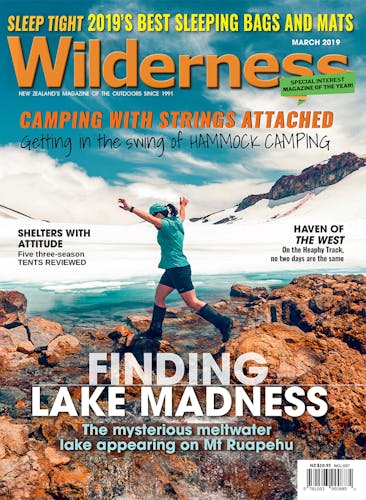Whiteheads (popokatea) are gregarious songbirds that live in noisy groups of up to eight members and are often heard before they are seen. They are only found in the North Island
Conservation status
Endemic species classified as ‘declining’.
Features
Whitehead/popokatea are a small songbird with a compact body, short tail and bill and long legs similar in size to a sparrow, but weighing a tad less. Their head and under parts are white and the upper parts, wings and tail are brown-grey while the bill, legs and eyes are dark. Females and juveniles are similar to the males but have a light brown colouring on the nape of the neck and top of the head.
Bird spotting tip
Peripheral vision is the best way to locatewhitehead in their
natural habitat of dense shrub and bush. Often in small flocks
and constantly ‘on the go’, their movements give their presence away to
the keen observer.
Nesting
Popokatea are ‘cooperative breeders’, living in groups where others within the group help with feeding the female while she is incubating and in gathering food for the young, both on and off the nest. Nests are usually built in tree forks or hidden in dense canopy vegetation and consist of tightly woven, neat cups lined with fine materials such as natural fibres or moss and lichen. Incubation takes about 18 days and the chicks leave the nest when 16 to 19 days old.
Call
The whitehead song can be described as a canary-like twitter – ‘viu viu viu zir zir zir zir’. They also have several otherchirps or chatters that are used for constant communication with the flock.
Diet
Whitehead consume insects, especially caterpillars and beetles, and spiders. They will sometimes take fruit or other plant material.
Feathery Fact
Whitehead are the only North Island hosts for the long-tailed cuckoo. The migrant long-tailed cuckoo will lay its egg in a whitehead nest and when hatched, the cuckoo chick will kick the whitehead eggs and/or chicks out to be raised by the oblivious whitehead.








